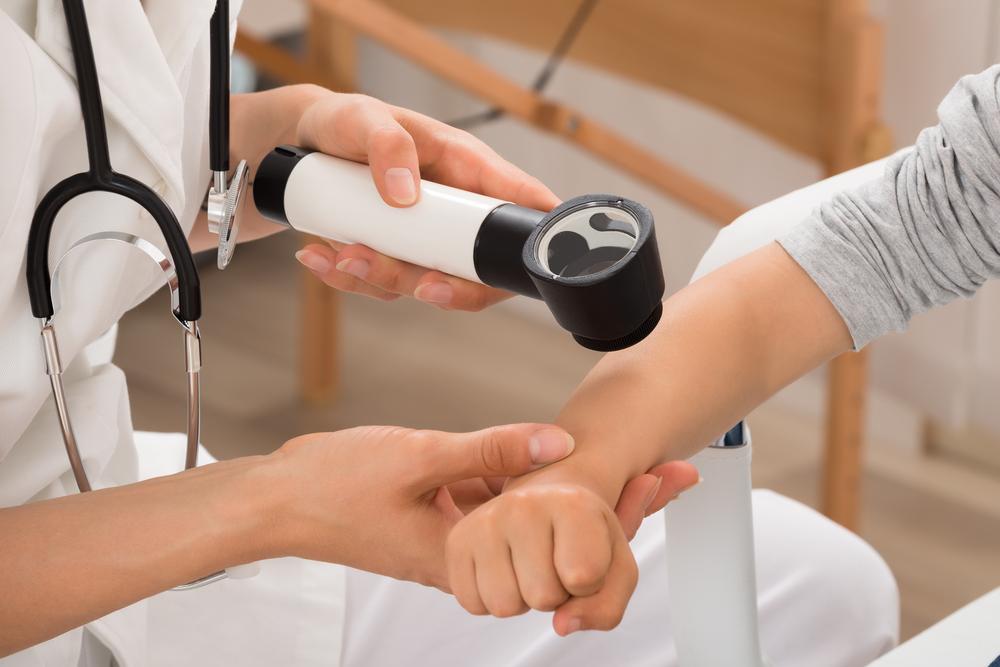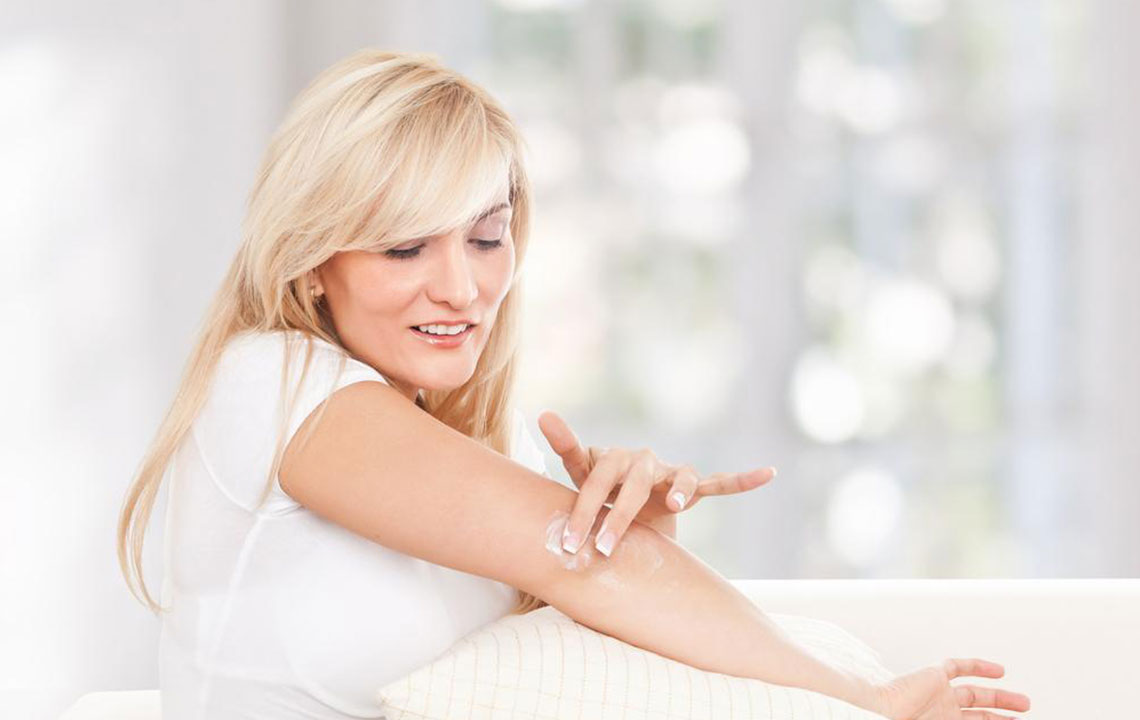Here’s What You Need to Know about Eczema
No underlying disease triggers eczema. Eczema occurs when a patient’s immune system overreacts to some irritant. By taking some preventive measures, one can avoid or relieve the symptoms of this condition.
Symptoms of eczema
In most cases, eczema comes with itchy skin, irrespective of which body part is affected. One may also develop rashes on the face, behind the knees, hands, wrists or feet, and sometimes, this could be preceded by itching.

Causes of eczema
While the definitive cause for eczema is not known, it usually appears when the immune system overreacts to an irritant. People with a family history of allergies or asthma face a higher chance of developing this condition. Problems in the skin barrier allow germs and moisture to enter the skin, leading to eczema.
Particular conditions or substances are also responsible for triggering itchy rash in some people. Itchiness can also occur when the skin comes in contact with coarse or rough materials. Other triggers include the feeling of excessive heat or cold, being exposed to harsh household items like detergent or soap. Animal dander can also lead to eczema flare-ups. An infection in the upper respiratory tract could also lead to rashes. These rashes could get worse due to stress.
While there is no sure shot cure for eczema yet, patients can manage this condition with the help of medication as well as by avoiding irritants. It does not spread to others as it is not contagious.
Diagnosis of eczema
For diagnosing eczema, one can either visit their primary care provider or a dermatologist. If an infant is facing this problem, then the parents can consult a pediatrician. The doctor will usually examine the patient’s skin and make a few queries. There are no tests for diagnosing eczema. The doctor may, however, recommend allergy tests if the patient has any allergies. Testing for allergies is done mostly in the case of children.
Treatment of eczema
The itchiness that accompanies eczema could lead to an infection, so the objective of eczema treatment is to prevent and relieve itching. Usually, the doctor will recommend lotions and creams to keep the skin moist as eczema causes the skin to become dry and itchy. To achieve the best results, one should apply these creams and lotions after bathing. At these times, the skin is damp, and it can retain the moisture much better. To obtain relief from itching, a patient can also apply cold compresses to the affected area.
Hydrocortisone 1% cream or ointments with corticosteroids are some over-the-counter treatments that provide relief from the inflammation caused by eczema. One would require antibiotics if the affected area becomes infected.
Sometimes, antihistamines are used to provide relief from itching. Tar treatments that use chemicals reduce the itching, and phototherapy using ultraviolet light are applied as well. When other modes of treatment are ineffective, cyclosporine is used.
For mild-to-moderate eczema, one can use two FDA-approved topical immunomodulators (TIMs) namely, Pimecrolimus and Tacrolimus. It modifies the response of the immune system to prevent flare-ups. However, prolonged use comes with several side effects such as the possibility of cancer. Hence, they are to be used as the last resort only.
Prevention of eczema flare-ups
One can adopt some simple measures to prevent or reduce the severity of eczema.
- Frequent moisturization: Since eczema is characterized by dryness and itchiness of the skin, it is essential to keep the skin moisturized with over-the-counter creams and lotions.
- Temperature changes: One of the triggers for eczema is a sudden change in temperature. To prevent this, one should try to avoid sudden temperature fluctuations.
- Avoid sweating or overheating: Overheating of the body could happen due to exercise. It leads to a prickly heat sensation, followed by itching. Usually, this happens when the air is very humid. At such times, it is helpful to take hot showers and baths.
- Stress reduction: People with eczema find that their symptoms aggravate when they are undergoing emotional stress.
- Scratchy material: Sometimes materials like wool tend to induce scratching and should be avoided.
- Harsh soaps: The sensation of itching worsens with the use of detergents, harsh soaps as well as solvents. So, it is best to avoid them.
- Foods: One might be allergic to certain foods which trigger eczema, so avoid them as much as possible.




